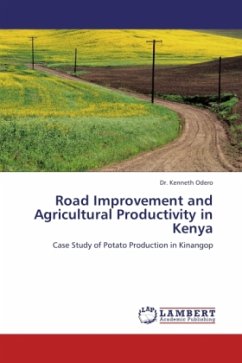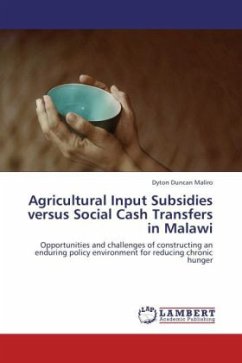
Risk Perception of Agricultural Biotechnology in India
The Case of Bt Eggplant
Versandkostenfrei!
Versandfertig in 6-10 Tagen
32,99 €
inkl. MwSt.

PAYBACK Punkte
16 °P sammeln!
Several researchers have proposed that the moral aspects of risk provide a better explanation and prediction of risk perception than the psychometric or cultural model, neither of which accounts for moral concerns. This study is possibly the first to empirically assess if the moral, psychometric and cultural models can explain risk perception of agricultural biotechnology - in this case Bt eggplant - by farmers in a developing country such as India. The findings show that the psychometric, cultural, and moral models do not fully account for the risk perception of Bt eggplant by Indian farmers....
Several researchers have proposed that the moral aspects of risk provide a better explanation and prediction of risk perception than the psychometric or cultural model, neither of which accounts for moral concerns. This study is possibly the first to empirically assess if the moral, psychometric and cultural models can explain risk perception of agricultural biotechnology - in this case Bt eggplant - by farmers in a developing country such as India. The findings show that the psychometric, cultural, and moral models do not fully account for the risk perception of Bt eggplant by Indian farmers. In conclusion, the author proposes that any theory or model that purports to explain and predict risk perception of agricultural biotechnology in developing countries may need to include economic benefits, safety concerns and accountability as key variables.












